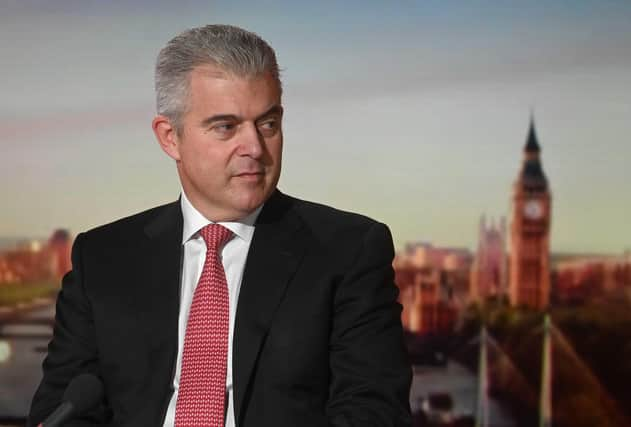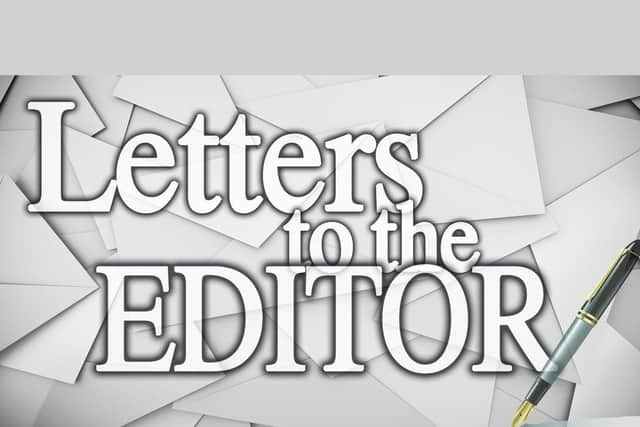Letter: Contrary to your News Letter editorial, it was good to hear Brandon Lewis talk of reform of Stormont


Contrary to NL editorial, it was good to hear Lewis talk of reform
In yesterday morning’s News Letter editorial (‘Now that unionists are in a minority at Stormont, Brandon Lewis is talking of reform,’ February 22, see link below) the editor asks the right question of former secretary of state Brandon Lewis’s intervention but sadly reaches the wrong answer.
Advertisement
Hide AdAdvertisement
Hide AdIt is refreshing to see a former secretary of state (given the quality we have come to expect from such ministers) talk seriously about the bigger picture and the necessity of evolution to the Belfast Agreement.


From one designed to prevent bloodshed; to one, as Mr Lewis puts it, “to better support effective and resilient government for all the people of Northern Ireland”.
The question the editor rightly asks is ‘why this intervention now?’. Stormont was suspended for a full six months at the tail end of Mr Lewis’s tenure at the Northern Ireland Office (NIO), which begs the question: why did he not intervene to initiate such evolution himself when he had the chance?
Sadly, the editor’s conclusion as to why falls into all-too-familiar self-inflicted unionist traps.
Advertisement
Hide AdAdvertisement
Hide AdThe reason why reform to the institutions is more pressing now is Stormont is now host to three minorities, not the traditional two communities and a small middle ground that existed (and therefore the Agreement built around) in 1998. That new reality must therefore be accommodated if the institutions are to function properly.
A logical next question might be how unionism got here – to be a minority in the assembly of the province it alone is committed to keeping in the United Kingdom.
Sadly, rather than the necessary introspection – particularly with regard to the protocol-induced psychosis which has beset unionism – the editorial sadly leans into the typical ‘whataboutery’ that plagues our politics. Saying others are no better than we unionists and blaming the ‘usual suspects’ (nationalists, Dublin etc.) is not an adequate explanation or defence of unionism’s shrinking share of votes and seats.
If unionism cannot show the necessary humility and capacity for self-examination, it cannot hope to answer the question of how it reached the humiliating position of being a minority in its own parliament. If unionism was able to ask what part it has itself played in this atrophy, it might – for once – stop being its own worst enemy.
Callum Jones, London SW18 (formerly of North Down)